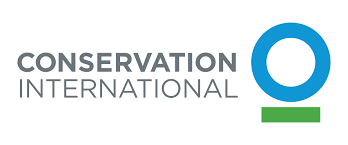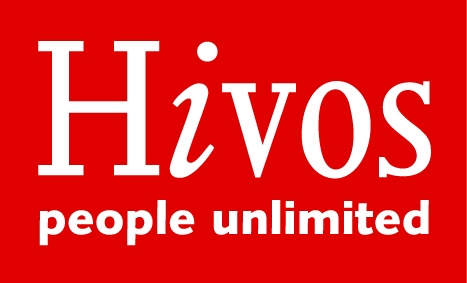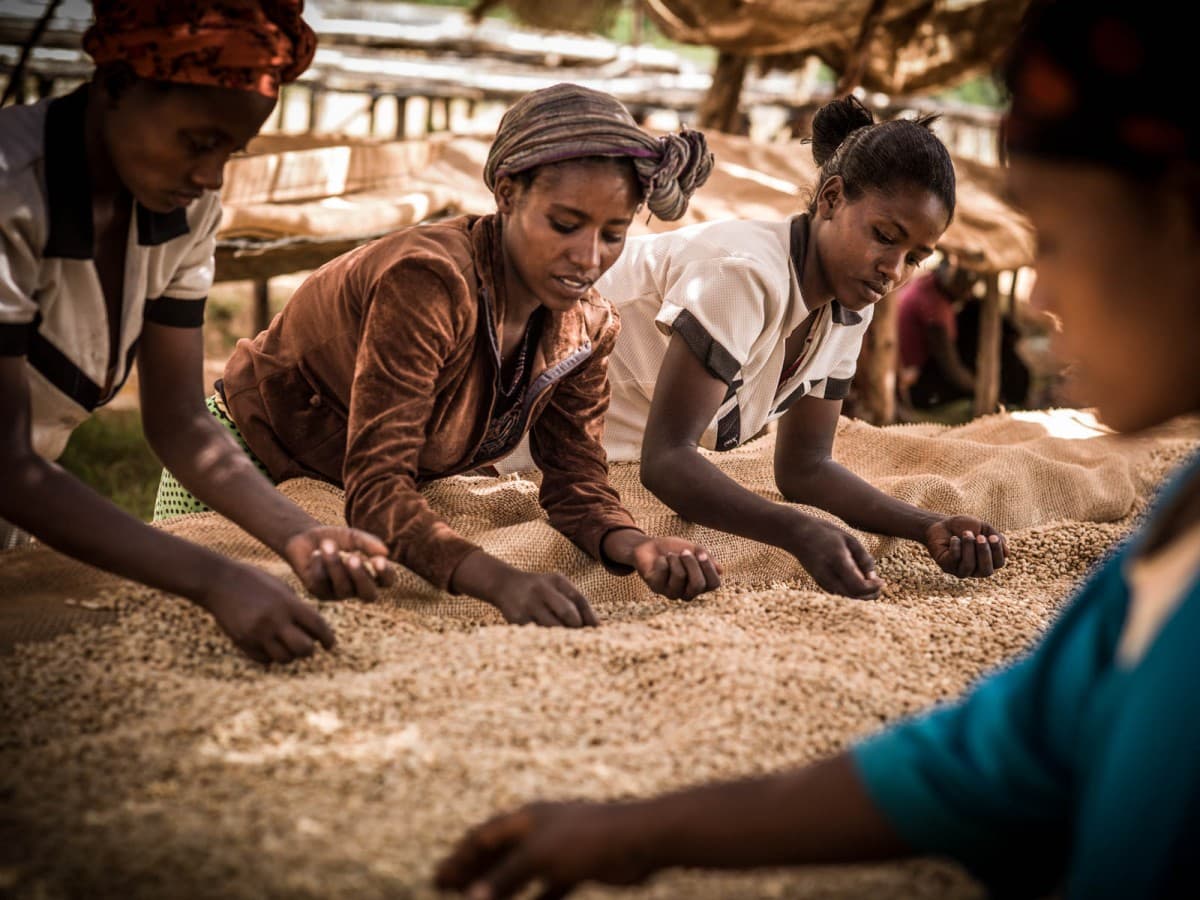What steps have been taken in recent years to make coffee trade more sustainable for all stakeholders? We identify the trends and what current industry commitments to support the production of sustainable coffee. Is the industry making progress on these commitments? What has been the role of companies, NGOs, the finance sector and multi stakeholder initiatives and who is holding the key to achieve the required transition to a more sustainable sector?
The year 2020 has long captivated the coffee sector’s imagination as an important milestone for the envisioned sustainability transformation set in motion after the 2002 coffee crisis. Over the years, sustainability solutions have been developed at a vast rate, and are rapidly expanding in number, scope and global presence.
In general, it seems the constraints and potential solutions are known, but a widely agreed collective strategy for achieving sustainability at sector level remains elusive. The coffee price crisis in 2019 emphasized the industry’s instability and vulnerability and makes one question whether the efforts to date are driving the much needed change. Despite the growth on the consumption side, many coffee farmers and workers around the world are struggling to cover their basic needs.
The Coffee Barometer 2020, commissioned by a group of civil society organizations , provides an up to date overview on the state of sustainability in the global coffee sector and related performance of the major coffee companies. During this launch event we invite you to participate in the discussion how to stimulate sustainability at scale by crossing the spectrum of political, economic and ecological issues.
A few questions as discussed in the webinar are highlighted below but watch the webinar for the full story!
What is the coffee barometer 2020?
The Coffee Barometer 2020, commissioned by a group of civil society organizations , provides an up to date overview on the state of sustainability in the global coffee sector and related performance of the major coffee companies.
Why the coffee barometer 2020?
Coffee companies made impressive sustainability commitments for 2020. Unfortunately, the Coffee Barometer concludes that most commitments are not being delivered. It is not that they do not have enough money. The largest part of global coffee revenues is earned by the top 10 coffee roasters, who received 55 billion dollars.
In the meantime, coffee farmers only get a fraction of this amount, are hardly able to cover their basic needs and are under constant pressure to cut costs at the expense of the environment or by reducing wages. In round table events major sustainability issues are frequently discussed, sadly this does not translate into meaningful change. There are plenty of ideas and tools to make coffee production more sustainable. Even if there is uncertainty about the outcomes and actions, this is not an excuse to do nothing. The industry has to take collective responsibility and live up to their own commitments.
Why is the main focus of the report about the industry ‘players’?
This is the sixth edition of the Coffee Barometer and the main question is always: ‘What are companies saying they are doing and what are they actually doing?’. This time we really focused on the top ten roasting companies. Together they roast about 35% of all the green coffee that it is being made into consumer coffee. The idea of focusing on the top ten is that if the top ten moves in a certain direction they will cause a huge ripple effect and make the entire sector more sustainable.
What are the top ten industry players doing so far to become more sustainable and is that enough?
As can be seen in the report a lot of companies work on a lot of different areas of sustainability. Sjoerd Huysen, author of the report, thinks that what is missing is that when we talk about sustainability we talk about economic sustainability, social sustainability and environmental sustainability. The examples that we often get are just elements of that. But the difficulty is that the sector itself does not have a shared vision and a shared approach. A holistic vision and approach is missing.
Starring in this programme

Vanusia Nogueira
Director BSCA ( Brazil Specialty Coffee Association)

Mario Cerutti
Chief Institutional Relations & Sustainability Officer Lavazza

Juan Antonio Rivas
Senior Vice President at Olam International

Kaitlin Cordes
Researcher Columbia Center on Sustainable Investment

Sjoerd Panhuysen
Director of Research at Ethos Agriculture

 Account
Account














